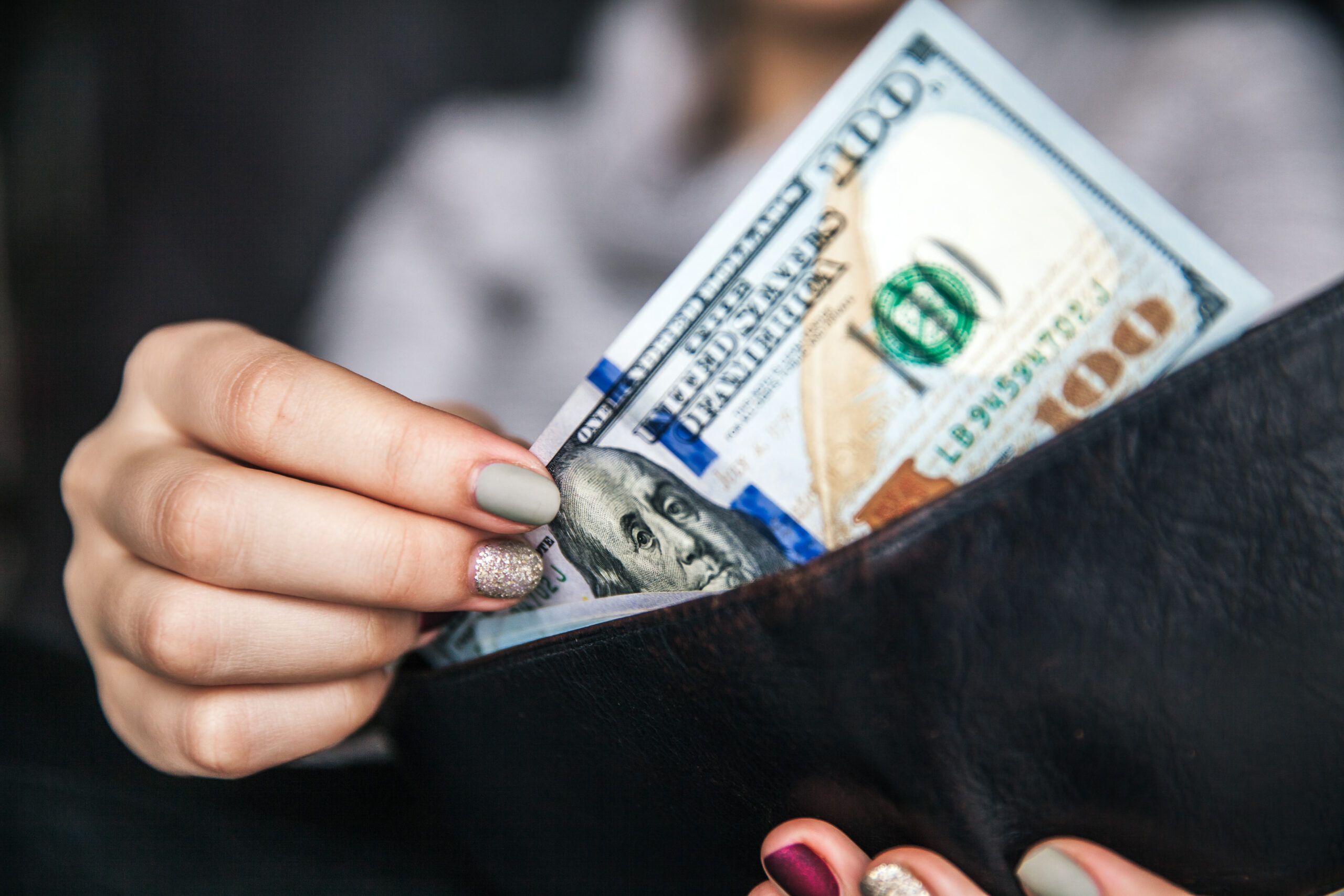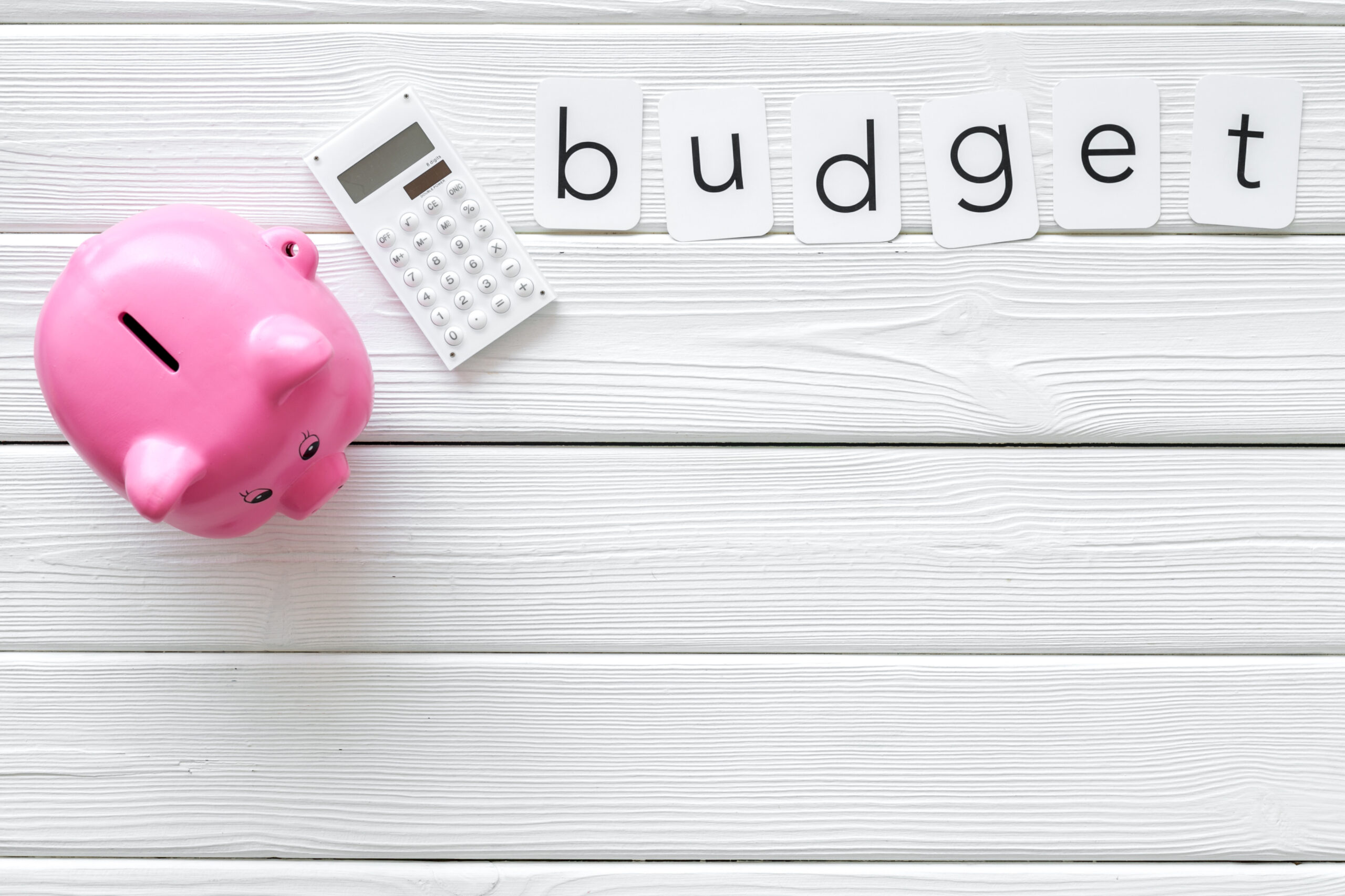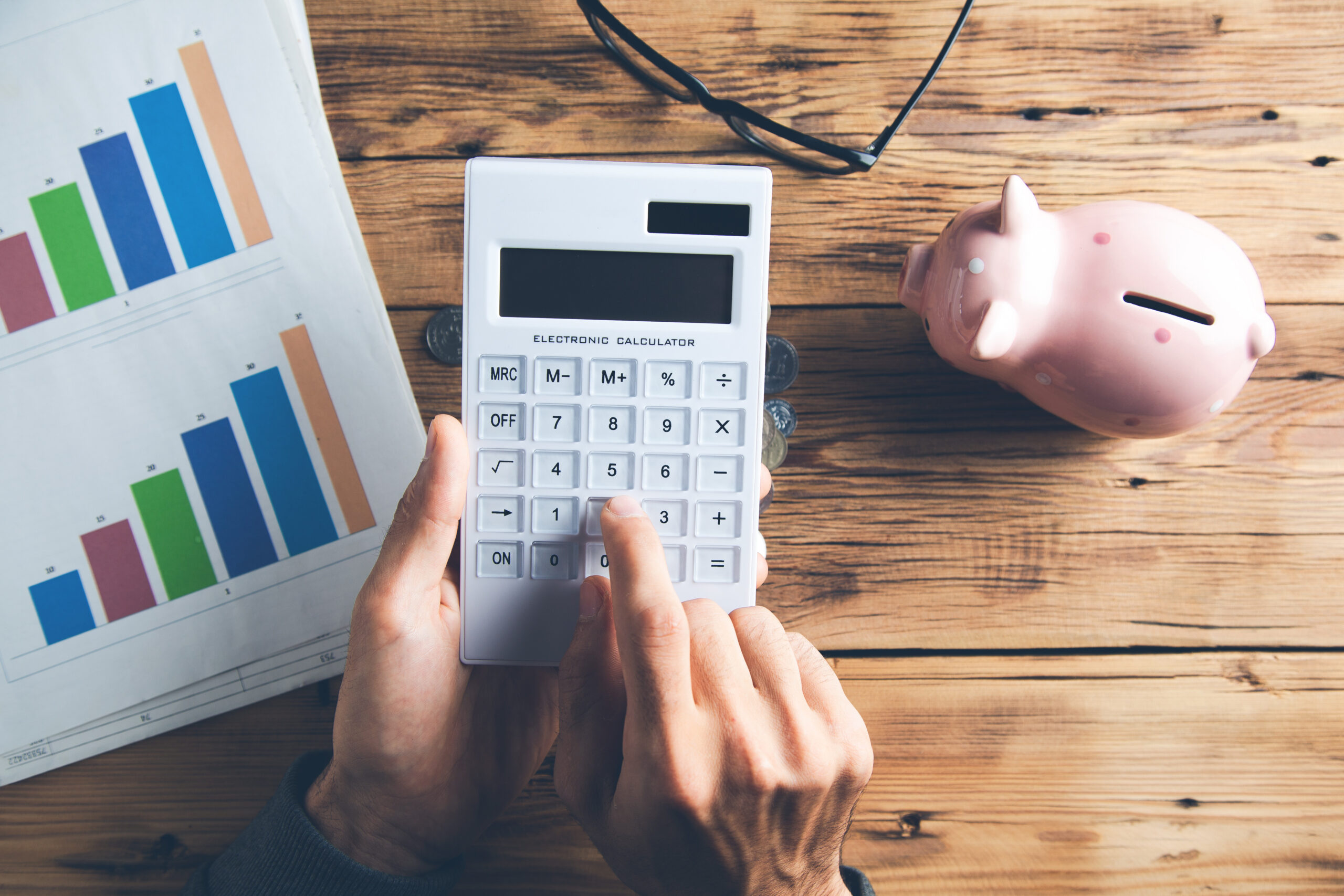
Reducing unnecessary spending is a crucial step towards achieving financial stability and reaching your savings goals. By identifying and eliminating frivolous expenses, you can make the most of your income and build a more secure financial future. Here are ten effective strategies to help you cut down on unnecessary spending.
Create a Budget
A budget is a powerful tool for managing your finances and curbing unnecessary spending. By outlining your income and expenses, you can identify areas where you might be overspending. Sticking to a budget helps you prioritize essential expenses and savings.
Track Your Spending
To reduce unnecessary spending, you first need to understand where your money is going. Track all your expenses for a month to get a clear picture of your spending habits. This exercise can reveal patterns and highlight areas where you can cut back.
Differentiate Between Needs and Wants
One of the simplest ways to cut down on unnecessary spending is to differentiate between needs and wants. Before making a purchase, ask yourself if the item is essential or just a desire. Focusing on needs over wants helps you avoid impulse buys and save money.
Avoid Impulse Purchases
Impulse purchases can quickly add up and derail your financial goals. To avoid them, make a shopping list before going to the store and stick to it. If you find something you want to buy on a whim, give yourself a cooling-off period to decide if it’s truly necessary.
Limit Dining Out

Eating out frequently can be a significant drain on your finances. Cooking at home is not only healthier but also more cost-effective. Plan your meals, cook in batches, and pack lunches to reduce the temptation to dine out.
Cancel Unused Subscriptions
Many people have subscriptions they no longer use or need, such as streaming services, gym memberships, or magazines. Review your recurring expenses and cancel any subscriptions that aren’t providing value. This simple step can free up a considerable amount of money.
Use Cash Instead of Cards
Using cash for your purchases can help you become more mindful of your spending. When you pay with cash, you can physically see the money leaving your wallet, which can discourage overspending. Setting aside a specific amount of cash for discretionary spending can keep you within budget.
Shop with a List
Before heading to the store, make a detailed shopping list and stick to it. This practice helps you avoid impulse purchases and ensures you only buy what you need. Planning your shopping trips can save both time and money.
Take Advantage of Sales and Discounts
While it’s important not to buy things just because they’re on sale, taking advantage of discounts on items you genuinely need can save you money. Look for sales, use coupons, and consider buying in bulk for essentials. Being a savvy shopper can significantly reduce your expenses.
Review and Adjust Your Spending Regularly
Regularly reviewing your spending habits is crucial for staying on track with your financial goals. Set aside time each month to go over your expenses and adjust your budget as needed. Being proactive about your finances allows you to identify and correct any overspending before it becomes a problem.
Cutting Down Unnecessary Spending
Reducing unnecessary spending requires discipline and conscious effort, but the benefits are well worth it. By creating a budget, tracking your expenses, and making mindful purchasing decisions, you can achieve greater financial stability and peace of mind. Implement these strategies to take control of your finances and work towards a more secure future.





